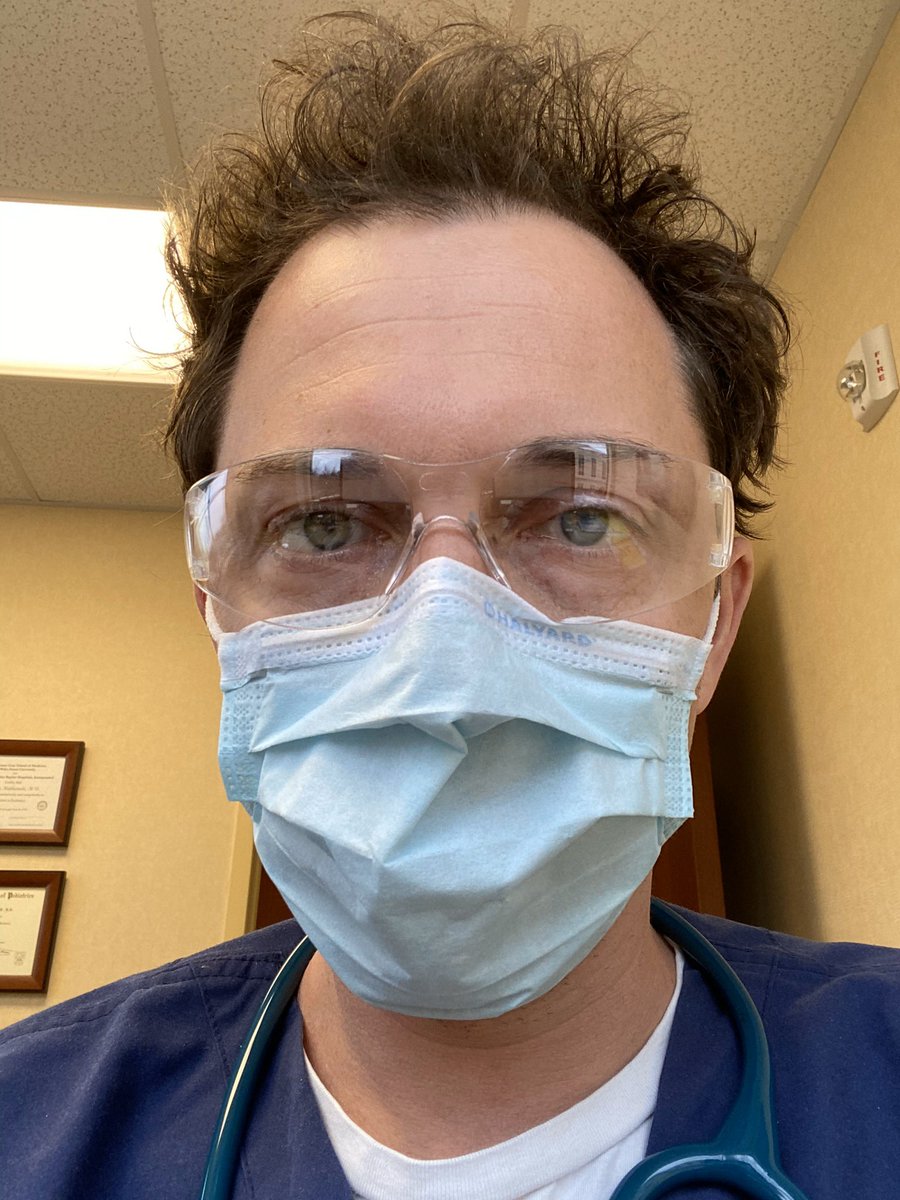
“colic” isn’t a thing. “gripe water” is also not a thing.
except they kind of are. they're multiple things, really.
come with me on this journey. (THREAD)
except they kind of are. they're multiple things, really.
come with me on this journey. (THREAD)
in 1954, dr. morris wessel published a paper called “paroxysmal fussing in infancy, sometimes called 'colic’” it’s about (as you probably surmised) babies who cry a lot.
$25, but here: pediatrics.aappublications.org/content/14/5/4…
$25, but here: pediatrics.aappublications.org/content/14/5/4…
the researchers examined the records of 98 babies and separated them into 2 groups: “fussy” and “contented.” how? by using a definition that dr. wessel just made up: babies who cried more at least 3 hours a day, at least 3 days a week, for at least 3 weeks were defined as "fussy"
the rest were “contented.” the groups were evenly split (48 and 50, respectively). in retrospect, we probably shouldn’t have chosen an arbitrary cutoff that pathologizes half the population, but nobody asked me. it stuck. the “wessel criteria” became the definition for “colic.” 

(since 1954, we’ve developed vaccines for 9 diseases on the childhood schedule. we eradicated smallpox. we learned how to transplant organs. we went from knowing the shape of the DNA molecule to being able to do shit with it. lots of changes. but not this. this hasn’t changed.)
22 of the cases were determined to be caused by “family tension,” 6 by allergy, 9 by both of those things, and 11 by 🤷🏻♂️
(actual allergy--usually to milk protein at this age--is more like 1-5%. but whatevs, it was the 50's)
(actual allergy--usually to milk protein at this age--is more like 1-5%. but whatevs, it was the 50's)
for those who have never met a baby, babies cry. some cry more than others. it's typical for a baby between 2 weeks and around 3 months to have an hour or more per day, usually around the same time, when they cry a lot and are difficult to console. just because.
they were probably right about interactions with parents. having a newborn who cries a lot is hard. parents who manage this stress well may help the situation in a couple ways:
-perceiving crying to be less of a problem
-possibly by decreasing the infant’s stress level as well
-perceiving crying to be less of a problem
-possibly by decreasing the infant’s stress level as well
the overall stress of the infant's environment affects them. interactions with parents are really important. and since colic tends to occur in the first 2-3 months, the roles of parental fatigue, postpartum depression/anxiety, and hormonal fluctuations are undeniable.
essentially, “colic” is a diagnostic dumpster into which we toss a lot of typical newborn behaviour, some milk protein allergy (until it’s diagnosed and treated), infantile dyschezia (babies making funny noises/faces because they’re bad at pooping), and a handful of other things
anyway, on to gripe water, which also isn’t a single thing, but rather...whatever the hell you want to put in it. In 1851, a pharmacist named william woodward hijacked the recipe for a malaria treatment and started selling it to doctors and mothers for...a variety of indications. 

the original formulation contained alcohol (3.6%), dill oil, sodium bicarbonate (baking soda), sugar, and water. He trademarked it as “gripe water” in 1876 and picked baby hercules strangling 2 snakes as the logo.
at the recommended dosing, the alcohol content for a newborn would be the equivalent of about 4 ounces of whiskey for an adult. you might think “yeah, that’ll do it.”
not so fast.
not so fast.
in 1979, five years *after* IRBs became a thing, somebody published a study in JAMA in which they compared a solution containing phenobarb in a 20% ethanol solution to placebo. 😳 anyway, no difference. jamanetwork.com/journals/jamap…
woodward's son took over the company in 1912, and sold it to Big...Baby? it's still manufactured and sold around the world, but varies in composition in different countries because some of them--looking at you, brits--made them take alcohol out of the formulation. in 1992.
there's no alcohol in the current US version, either. the “active ingredients” are dill seed oil and sodium bicarbonate (baking soda). 



but lots of other companies sell "gripe water" as well. as you can see, gripe water is just really whatever the hell you want it to be. 







• • •
Missing some Tweet in this thread? You can try to
force a refresh








